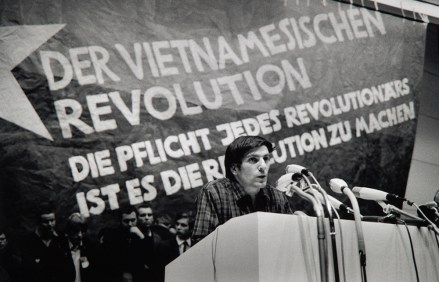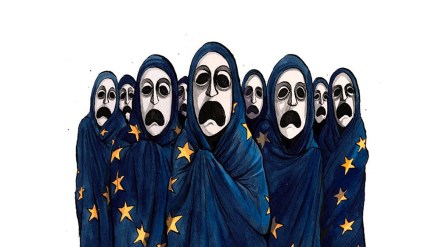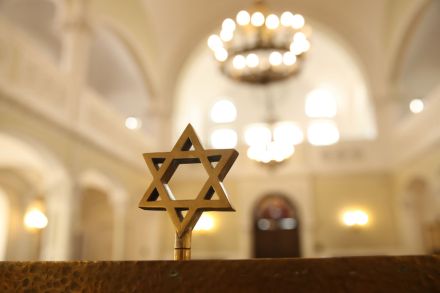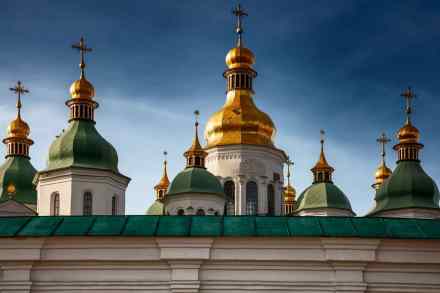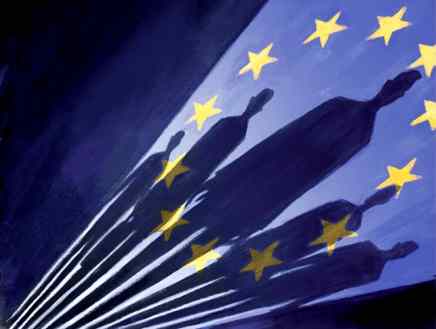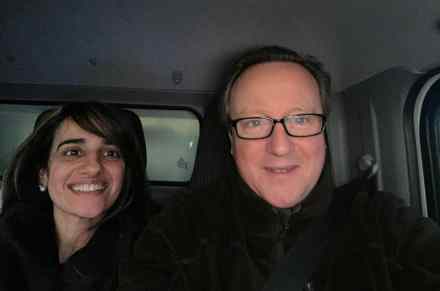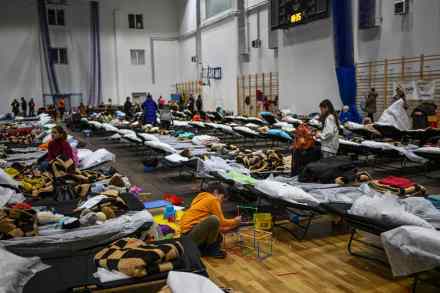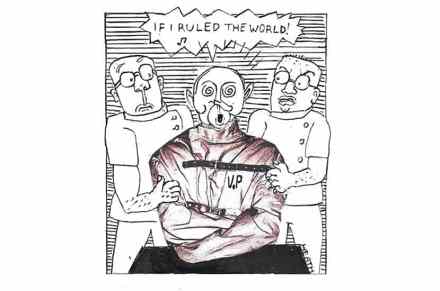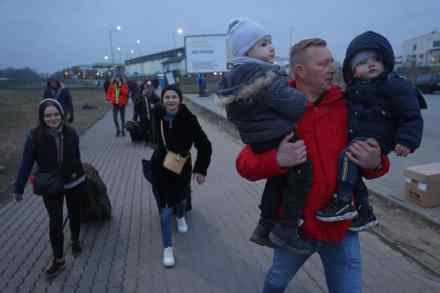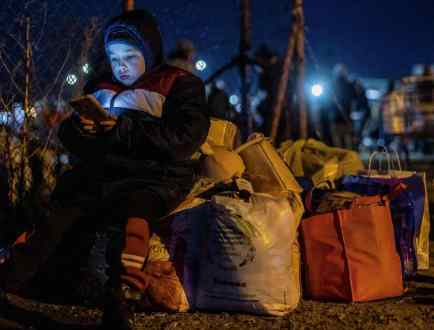The curious life of a foreign minister’s wife
The Polish constitution delineates no role for the foreign minister’s wife. In fact, the foreign minister’s wife is not mentioned in Polish state documents of any kind. Nevertheless, there are times when, as the Polish foreign minister’s wife, I find that I have no choice but to bear witness to great historical events. On the Friday following the British election, the Polish foreign minister – better known as an occasional Spectator diarist – was informed that the new British Foreign Secretary planned to visit Poland on his first trip abroad. Because we had planned to spend that weekend at our country house, north-west of Warsaw, and because there is a










